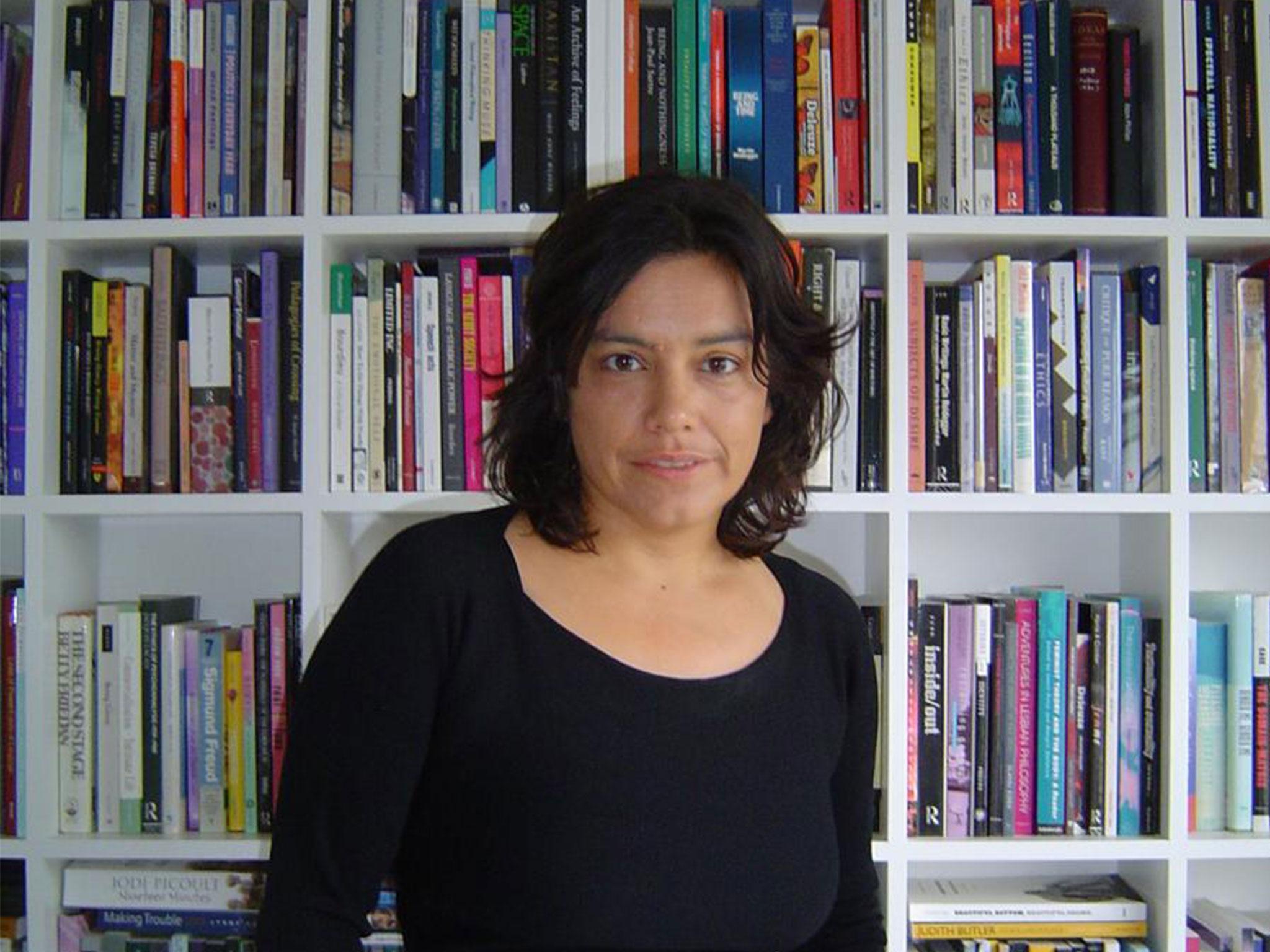In the just-released February–March issue of Bookforum, Melissa Gira Grant reviews Living a Feminist Life by Sara Ahmed. Ahmed is a scholar and author of numerous books on feminism and queer theory. She was also a professor at Goldsmiths until last year, when she resigned in protest at the school’s failure to take sexual harassment on campus seriously. As Grant writes, Ahmed’s feminism is far from the lily white, “lean-in” variety. Instead, her feminism is one of conflict and contestation that regards the roll of being a “feminist killjoy” as necessary and urgent. Read an excerpt from the review below, or the full text here.
Feminism is often transmitted through personal narratives, and of course stories, by their nature, tend to leave things out, and to cover up what (or whom) they’ve excluded. The usual feminist origin story unfolds as a series of firsts: first feminist book read, first feminist action attended. Or a series of wounding rites of passage: first grope, first shaming, first rape. But a better and more challenging question than “What made you a feminist?” might be “What makes you a feminist?” Sara Ahmed’s new book helps put the feminist origin story into the present tense. Living a Feminist Life is a work of embodied political theory that defies the conventions of feminist memoir and self-help alike (as well as the strikingly common, and problematic, tangling of the two), even as it draws from Ahmed’s own experiences as an academic and a diversity worker within the university. Ahmed has no interest in packaging tales of personal achievement and the intimate costs of being a feminist in an unfeminist world in order to burnish her credentials, nor in producing a blueprint for a supposedly correct feminism. She uses everyday experience to complicate and interrogate the assumptions and certainties of feminist theory rather than to shore them up. Unconcerned with lecturing anyone on how to be a feminist—as if we could attain that state by adherence to a certain dogma or by possessing certain personal qualities—Living a Feminist Life makes visible the continuous work of feminism, whether it takes place on the streets, in the home, or in the office. Playful yet methodical, the book tries to construct a living feminism that is neither essentialist nor universalist.
Ahmed is a scholar and the author of seven previous books (including Differences That Matter, The Cultural Politics of Emotion, Queer Phenomenology, and On Being Included), but I first got to know her work through her popular Feminist Killjoys blog, which she began writing alongside this new book. Feminist life, as Ahmed describes it, is defined by breakdowns and breakthroughs (those we inherit and those we continue to experience). She calls these “snaps”: moments of refusal, when we cannot endure or uphold something any longer. Often, those who refuse will be accused of creating the problem they are responding to—because they have drawn attention to it. But every snap is preceded by a long history. In 2016, Ahmed used her blog to document her resignation from her post as director of the Centre for Feminist Research at Goldsmiths, University of London, in protest at the institutional failure to adequately address sexual harassment, despite the work that she and others had been doing to bring the extent of the problem to light. (She also resigned from her job as professor of race and cultural studies.) “Sometimes,” she wrote, “we have to leave a situation because we are feminists.”
Image of Sara Ahmed via The Independent.
